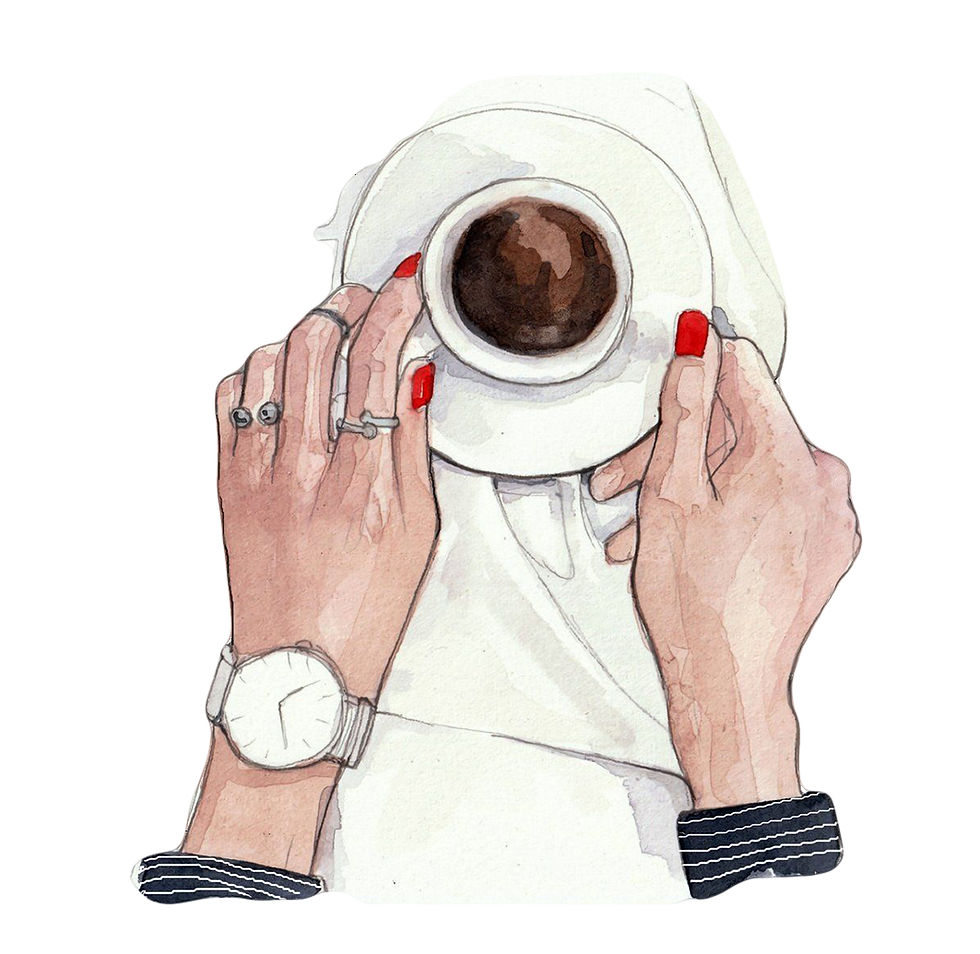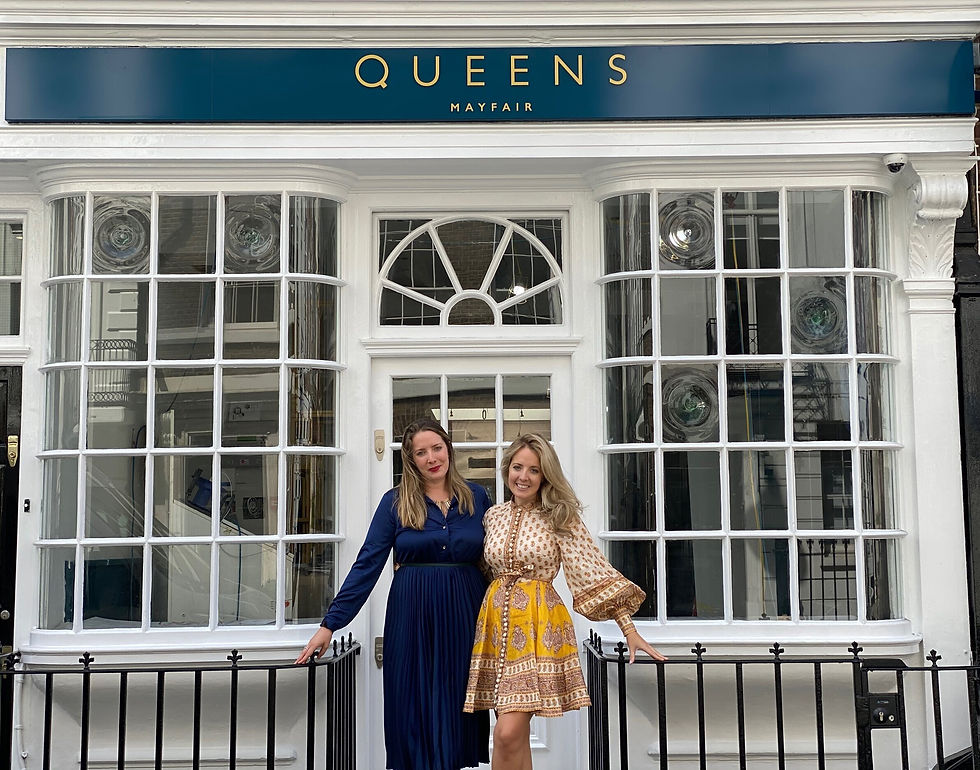London’s Coffee Culture: Can We Still Feel The Magic?
- Gennaro Costanzo

- Apr 24, 2021
- 4 min read
Updated: May 3, 2021

For a capital better known for its love of tea, London has slowly built up a strong connection with coffee redefining the concept of ‘coffee culture’.
In the past few years, coffee culture in the UK has become a nationwide phenomenon, with plenty of new coffee shops and roasters opening up their doors for the first time.
In a city like London, dominated by large coffee chains, a tendency toward its diversity and internationality has led many small and independent coffee businesses to kick off, creating an environment driven by individuals excited to share their traditions and ideas.
With a choice of boiling hot americanos and the classic flat whites, grabbing a coffee while taking a stroll or starting a day of work has proved to be essential, especially to bear the monotony of the lockdown.
But now, with most cafes and coffee chains only partially open and and Brexit issues affecting how we get our daily java - and how much we pay for it - the UK's cafe culture is likely to change.


Based in the heart of the capital, the Queens of Mayfair coffee shop is one of the few independent and exclusive cafes that launched in the middle of the pandemic last year, in August.
Victoria Sheppard, co-founder of the elegant shop alongside her sister Grace, explained that managing their business during this period hasn’t been ideal to fulfil their dream of becoming the best coffee shop in London.
‘Our landlord was still charging us rent even though we couldn’t open, so we went on all of the delivery platforms like Supper and Deliveroo and we’ve been catering for corporates’ Zoom meetings to try and keep revenues up,’ she says.
Tim Ridley, founder of United Baristas, helps thousands of coffee businesses every day to connect with suppliers and also offers free job listings to support baristas who wish to continue their profession even at a distance. The online platform has seen more than 10,000 sign up users five years since its launch.

Ridley explains that while many coffee shops in the city centre have been heavily affected by the lockdowns, the periphery and more residential areas have never been this busy.
‘It’s a really divided picture. Local businesses benefit when people engage in buying local but they still need to compete with the price and the prestige of thousands of other coffee shops,’ he says.
With most businesses being advised to work from home once again, Central London, in particular, has felt the economic downfall turning what once were the most crowded streets in the capital into ghost-towns.
‘The offices near Queens are empty at the moment, the footfall is very low. Mayfair is not an overly residential area and that impacts our trade as well because we rely on businesses to be there, but everyone is at their home offices at the moment,’ says Sheppard.
Following Brexit, both coffee shops and importers live with the uncertainty of continuing their trades as the introduction of additional costs and the increase of import tariffs become the main concern for business leaders.
‘As we start trading again, there probably will be an impact. We mainly use British suppliers but they may have issues with any ingredients that they get from overseas. That could be a knock-on effect for us in the future,’ says Sheppard.
The excitement and curiosity which grew around international caffeinated drinks could be lost for a very long time without those products that made every single sip enjoyable.
Brexit has also been presenting real challenges for coffee businesses on a number of different fronts, one of which is the human cost. ‘For coffee, it meant that there are just fewer people coming from Europe who have the skills and the knowledge about how coffee works,’ says Ridley.
This lack of expertise may affect indefinitely the perception that people have of coffee, but Ridley - who’s been in the business for more than 15 years - thinks that United Baristas could be the solution to bring back the connection between the UK and the rest of Europe.
‘We can continue to connect people seeking employment and recruiters with our free job listings, but we need to be able to provide the information and the structure to English people who want to work in Europe and vice versa,’ says Ridley.
For Londoners, coffee culture is more than ordering an energised drink. ‘It’s a break in daily life where people can have that ten minutes to themselves just to get away from work or catch up with a friend,’ says Sheppard.
And while we won’t be able to spend our time sitting in a cafe, that magic atmosphere will still be present even with social distancing.
‘People aren’t complaining about the fact that there is a queue because they’re just enjoying standing 2 metres apart from someone else they don’t know and actually maybe having a bit of conversation with this person,’ says Ridley.
One thing’s for sure: you will always find comfort sipping a cup of coffee.


Comments